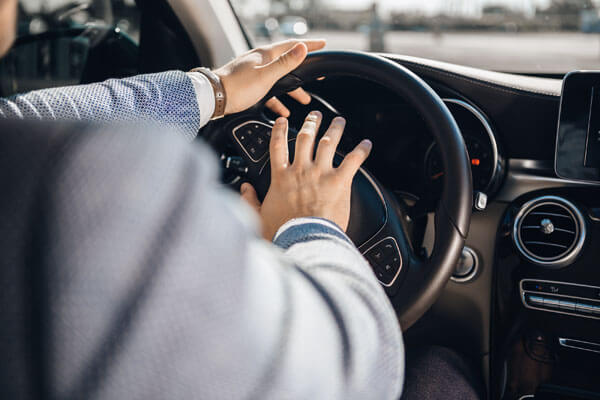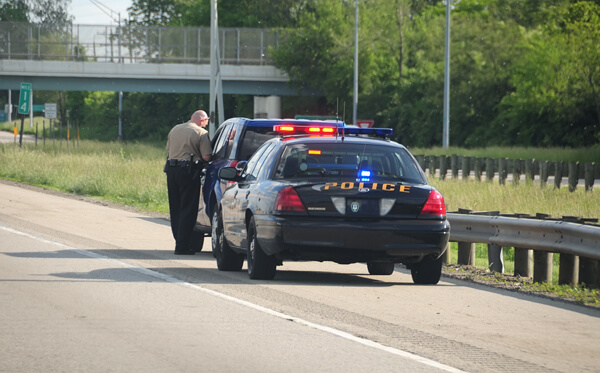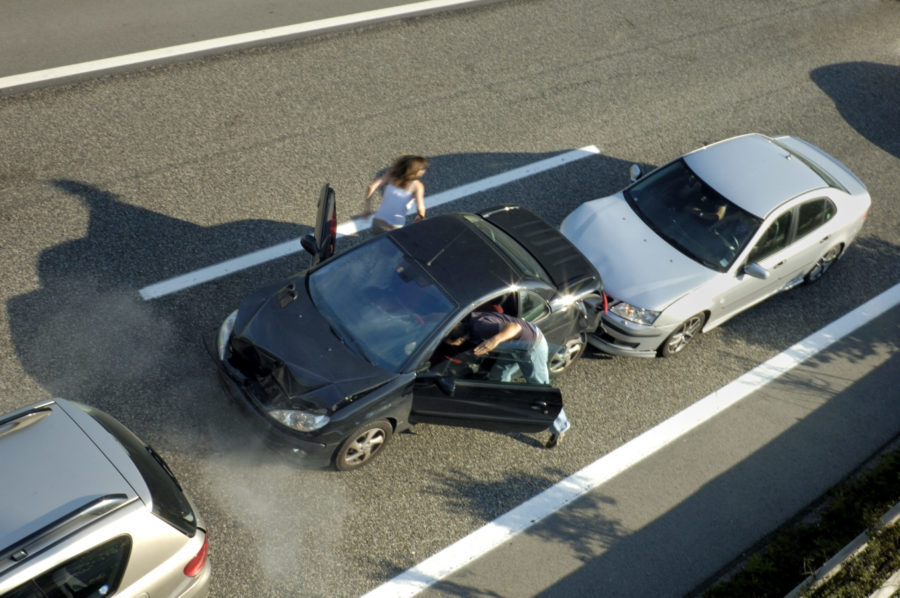Why You Should Never Assume Fault After a Bicycle Crash

Accidents involving bicycles can be both physically and emotionally overwhelming. The moments immediately following a crash are often filled with confusion, stress, and adrenaline. Amid this chaos, one critical mistake many individuals make is assuming fault for the accident. While apologizing or admitting responsibility may feel like the right thing to do in the moment, doing so can have serious legal and financial repercussions. This blog will explore why you should never assume fault after a bicycle accident, the importance of understanding fault versus liability, and the steps to take to safeguard your rights. If you are based in Richmond, Virginia, and need professional assistance, BainSheldon is here to help you protect your interests and seek the compensation you deserve.
Understanding Fault vs. Liability in Bicycle Accidents
One of the most misunderstood aspects of bicycle accidents is the distinction between fault and liability. Fault refers to who was responsible for causing the accident. This determination often involves the interpretation of traffic laws, road conditions, witness statements, and other evidence. Liability, on the other hand, is the legal responsibility for the damages stemming from the accident. Liability can be influenced by various factors beyond fault, such as negligence, violations of local statutes, or even defective equipment.
It is also important to note that Virginia follows a contributory negligence rule. This legal principle means that if a cyclist is found to be even partially at fault for the accident, they may be barred from recovering any compensation. This makes it even more crucial to avoid assuming fault or making any statements that could be misconstrued as an admission of responsibility. Only a thorough investigation conducted by a qualified attorney can determine where the responsibility for the accident lies.
Common Misconceptions About Who is at Fault
Many bicyclists operate under the misconception that they are automatically at fault in a collision with a motor vehicle. This misunderstanding often stems from the perception that bicycles are smaller and less imposing than cars, leading to the assumption that cyclists are more vulnerable to making mistakes. However, fault is determined based on the specific circumstances of the accident.
For example, a motorist may fail to yield at an intersection, fail to check their blind spot before opening a car door, or drive while distracted. Bystanders and even other cyclists may rush to judgment, assuming the cyclist must have made an error. Despite this, each case must be evaluated based on facts, not assumptions. Allowing an experienced attorney to review the details of your case can clarify who was truly at fault.
Steps to Take Immediately After a Bicycle Accident
The actions you take in the immediate aftermath of a bicycle accident can have a profound impact on the outcome of your case. First and foremost, you should remain calm and avoid making emotional statements. Do not claim responsibility for the accident, even if you feel partially at fault, as your perspective may change once you have had a chance to assess all the facts.
Next, it is important to contact law enforcement. An official police report serves as crucial documentation and can include impartial statements about the accident. Be sure to request a copy of the report for your records.
Engage with witnesses at the scene and collect their contact information. Witness statements can be invaluable for corroborating your version of events. Additionally, ensure you exchange information with the other party, including their name, contact details, license plate number, and insurance information.
Documenting the Scene
Properly documenting the scene is an essential step in protecting your rights. Use your phone or a camera to take clear photographs of the accident site, including any damage to your bicycle, vehicles involved, road conditions, and traffic signals. If you have visible injuries, take close-up photographs as evidence.
It is also helpful to jot down your account of what happened while the details are still fresh in your memory. Include specifics such as the time of day, weather conditions, and any actions taken by the other party. These details can be extremely valuable during later discussions with your attorney.
Seeking Medical Attention and Following Doctor’s Orders
Even if you believe your injuries are minor, it is imperative to seek medical attention as soon as possible after the accident. Some injuries, such as concussions or internal damage, may not manifest symptoms immediately. A comprehensive medical evaluation ensures that any injuries are documented and treated promptly.
Following your doctor’s orders is equally important for both your recovery and your legal case. Failing to adhere to medical advice can be used by the opposing party to argue that your injuries were not as severe as claimed. Keep all medical reports, bills, and treatment plans, as they will play a critical role in determining the compensation you are entitled to receive.
How an Attorney Can Help Determine Liability
Navigating the legal complexities of a bicycle accident case can be daunting, especially when trying to establish liability. An experienced bicycle accident attorney possesses the knowledge and resources to thoroughly investigate your case. They will analyze police reports, interview witnesses, review medical records, and if necessary, consult with accident reconstruction experts.
An attorney can also assess whether external factors, such as poorly maintained roads or malfunctioning traffic signals, contributed to the accident. By building a comprehensive understanding of the incident, your attorney can craft a compelling argument to demonstrate the other party’s liability.
Protect Your Rights and Consult with an Attorney
A bicycle accident can be a life-altering event, but assuming fault in the aftermath can jeopardize your ability to seek justice and fair compensation. By understanding the distinction between fault and liability, avoiding common misconceptions, and taking the appropriate steps after an accident, you can protect your rights and build a strong case for recovery.
If you have been involved in a bicycle accident in Richmond, Virginia, and need expert legal guidance, BainSheldon is here to help. Schedule a consultation today by calling 804-282-8625. Do not risk compromising your future by navigating this process alone. Reach out now and take the first step toward securing the compensation and support you deserve.






